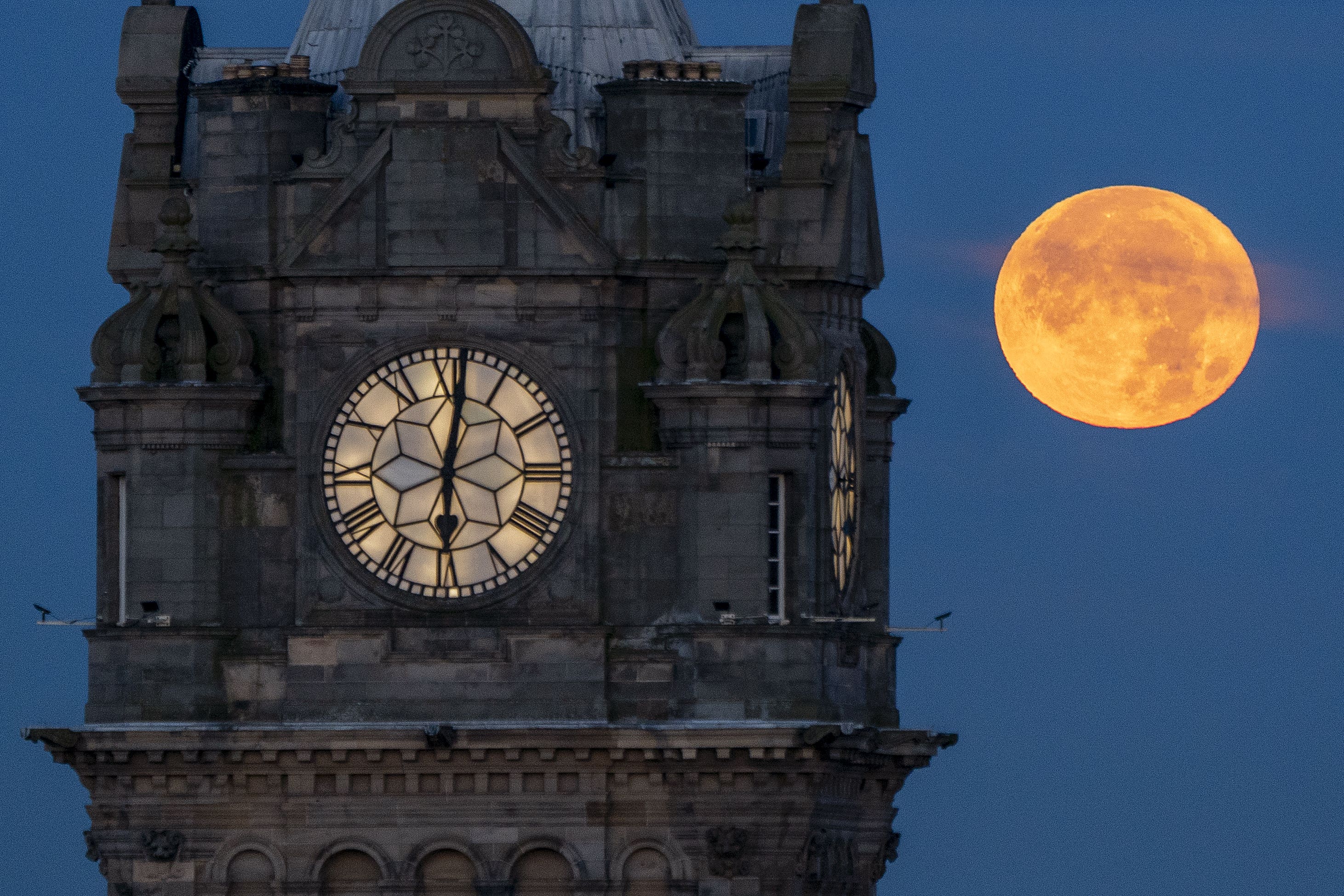Why Christmas comes quicker if you are looking forward to it
Time can also pass slowly when a person is dreading a future event

Looking forward to big events such as Christmas or Ramadan will make time feel like its sped up, according to a new study.
Those who look forward to a good holiday, think about the passage of time more often, and are more forgetful of their plans, are more likely to experience this perceived acceleration of time, according to researchers from Liverpool John Moores University.
The team said its findings, published in the journal Plos One, suggest positive emotion is associated with a faster passage of time.
The researchers also said planning for events or holidays well in advance could allow a person to “have better control” over their sense of time.
Ruth Ogden, a psychology professor at the university, said: “Our sense of time is heavily influenced by the ongoing events in our lives.
“If, like me, you get the feeling that the years are flying by, fear not, you are not alone.
“Our research suggests that over 70% of people feel like annual events are coming around more quickly each year.”
For the study, the team, which also included scientists from the Sabet Alatrany of Imam Ja’afar Al-Sadiq University in Iraq, conducted a survey of more than 1,600 adults in the UK and Iraq.
Their aim was to explore how a person sensed the passage of time between annual festive events.
Results showed around 76% of people in the UK felt Christmas came quicker every year, and 70% of those surveyed in Iraq felt the same about Ramadan.
The researchers said anticipating an event or deadline can create a sense of urgency, making time feel like it is passing more quickly.

Prof Ogden said: “The results suggest how we feel about an upcoming event, and particularly how much we feel we have to do for an upcoming event, shapes our perception of how far away that event is.
“Our experience of time is, therefore, not determined only by what we have done, but also by what is left to do.
“If we want to have better control over our sense of time, we need to ensure that we plan for the events ahead.
“In doing so, we will not only reduce our levels of stress, but we may also feel like time is finally slowing down.”
Prof Ogden said that conversely, time can also pass slowly when a person is dreading a future event, such as waiting for medical test results.
She said: “Waiting times often drag because we experience high levels of stress and most of our cognitive capacity is focused on the wait itself.
“The stress, and the focus on “when”, also influences what we do.
“We struggle to distract ourselves from waiting because we don’t want to do other tasks that we normally enjoy to pass the time.
“This lack of activity, coupled with increased stress and a focus on time, makes the time drag.”